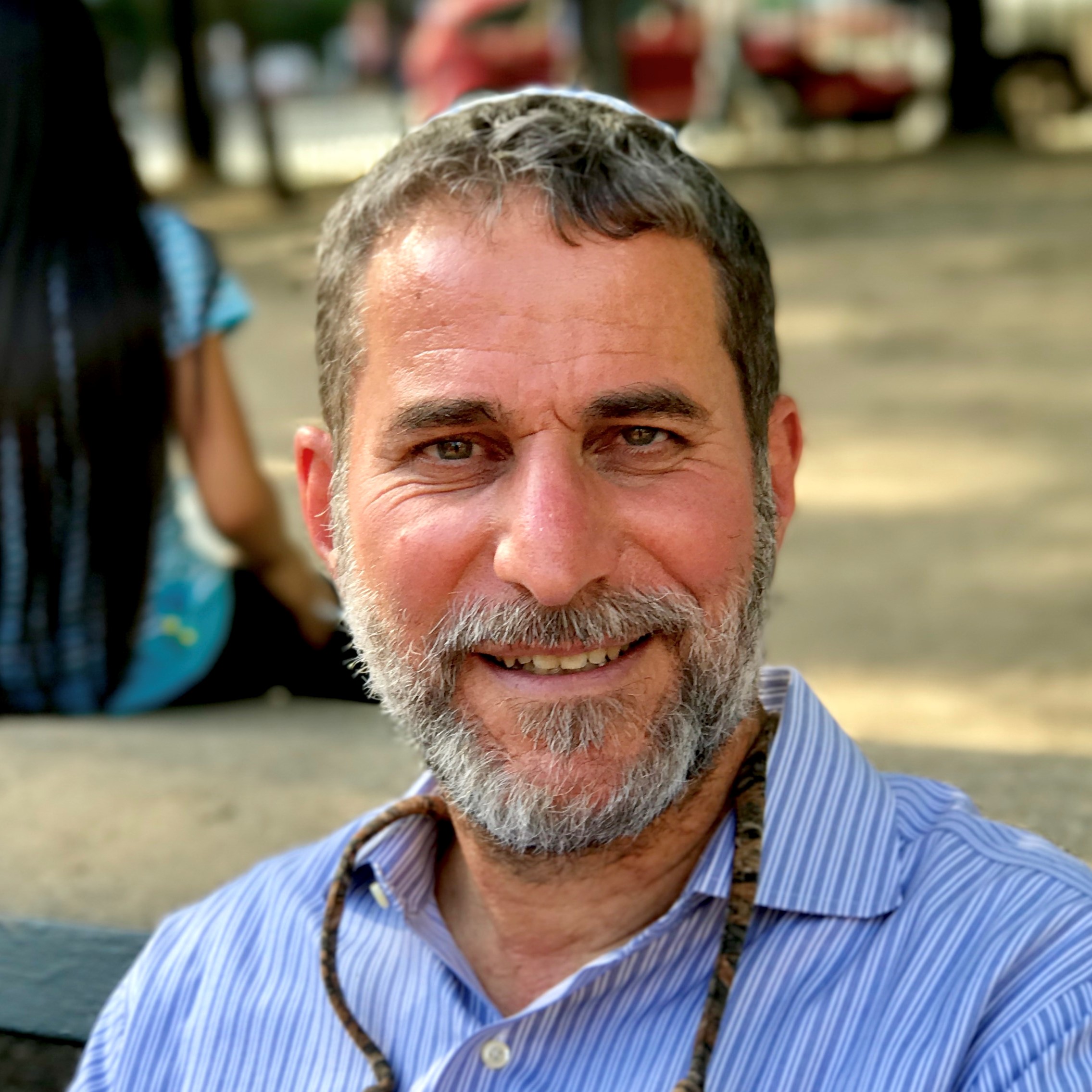Beit Midrash
- Torah Portion and Tanach
- Bamidbar
- Bamidbar
.jpg)
In our weekly Torah portion – Bamidbar, which opens the fourth Book of the Torah – we read that every tribe has its own unique flag, bearing its own colors and symbol: "The Children of Israel encamped [in the desert, on their way to the Promised Land of Israel], each man near and according to his flag with his paternal family's insignia" (Numbers 2,1).
Our Sages teach that the Nation of Israel thus invented the idea of flags for all of humanity, and the kingdoms of the world later copied it from us. So states the Medrash Bamidbar Rabba (2,7): "The insignia was a sign for each tribal head – a banner with a color on each one, like the color of the precious stones on the [breastplate on the] heart of Aharon the High Priest – and the kingdoms learned from this."
In Beit HaRav Kook, where the saintly Rabbi A. I. Kook's teachings and legacy are preserved and disseminated, we are privileged to have the original copy of a detailed speech delivered by Rav Kook on the topic of the original Jewish flags. He gave this talk - seven pages long (!) - in the Hurva synagogue in the Old City of Jerusalem on the occasion of the installation there of the Gdud Ha'Ivri flag, which was the national flag at the time, on Chanukah 1925.
The following is a summation of the main points Rav Kook made in his speech, as well as in the prayer that he composed specifically for the occasion:
- A national flag and a military flag are not at all foreign in traditional Jewish sources.
- The flag fills the heart with admiration, honor, and affection, and this has "contours of holiness."
- The flag symbolizes the process of Redemption that we are currently experiencing.
- Rav Kook sees the flag as symbolizing the national aspiration and our national uniqueness. These are of course linked up with our being a "kingdom of priests and a holy nation" (Exodus 19,6), the nation that received the Torah from G-d.
- Rav Kook saw an "eternal value" (!) in remaining loyal to the flag and to the concept inherent in it: the recognition that Israel has a unique and sacred national soul.
- Flags of other nations also have importance and significance. Lasting world peace is based on appreciation of the uniqueness of each and every flag and nation – and all the more so of the flag of Israel, a symbol of the Treasured People.
- The flag stands for the amazing wonder of the Ingathering of the Exiles that we see beginning before our eyes [editor's reminder: This was nearly a century ago!]
- The flag is a symbol of our conquest of the promised Land of Israel, and an expression of the belonging of the Land of Israel to the Nation of Israel.
- The flag is a reminder of the holy ones who gave their lives in our wars against our enemies.
- The flag stands for G-d's might in Israel's salvation.
- The flag is a symbol of the might of Israel's armies.
It is clear that all of the above that the Rav stated about the Gdud Ha'Ivri flag applies even more strongly to the flag of the current State of Israel. HaRav Kook noted the value of national flags in general, and all the more so regarding the flag of Israel – as the Medrash teaches regarding the stand at Mt. Sinai, and from the noted aspiration to use national flags during peacetime.
translated by Hillel Fendel

Rabbi Ari Shvat
Lectures at various yeshivot, michlalot and midrashot. Has published many books & Torani articles and is in charge of Rav Kook’s archives.
Two Ways of Influencing the Gentile Nations
Ein Aya Shabat Chapter B Paragraph 44
Kislev 1 5775
Serving Israel is Serving G-d and the Universe
Ein Aya Shabat Chapter B Paragraph 45
Kislev 8 5775

What Should We "Take Home" from the Corona Crisis?
Iyar 16 5780

When Should We Use Facts, Logic or Kabbala in Learning Torah?
Ein Aya Shabbat 4 7

Positive Social Structure
Rabbi Daniel Mann | 18 Sivan 5784
As Shavuot Approaches...
Parshat Bamidbar
Rabbi Zalman Baruch Melamed | Sivan 5759

Count the heads of Bnei Yisrael
Parashat Bemidbar
Rabbi Charles Weinberg




















